Publications
Articles, publications, books, tools and multimedia features from the U.S. Institute of Peace provide the latest news, analysis, research findings, practitioner guides and reports, all related to the conflict zones and issues that are at the center of the Institute’s work to prevent and reduce violent conflict.
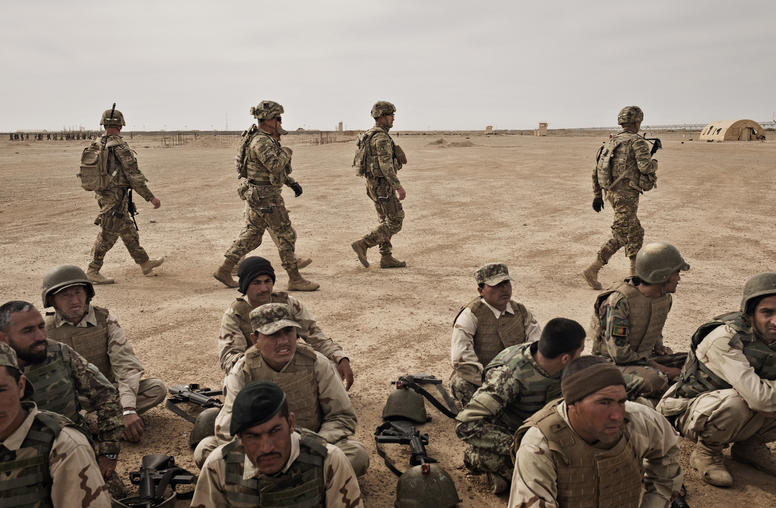
11 Things to Know: Afghanistan on the Eve of Withdrawal
U.S. and NATO troops are rapidly executing President Biden’s policy of a complete withdrawal of American troops and contactors supporting the Afghan National Defense and Security Forces (ANDSF) by a deadline of September 11. Based on the rate of progress, the last American soldier could depart before the end of July. The decision to withdraw without a cease-fire or a framework for a political agreement between the Taliban and the government caught Afghans and regional countries by surprise. The Taliban have capitalized on the moment to seize dozens of districts and project an air of confidence and victory.

Andrew Wilder on the Latest from Afghanistan
After decades of conflict, Afghanistan is closer to a political settlement than ever before. But with new reports of Russian bounties on U.S. soldiers, USIP’s Andrew Wilder says there’s concern the issue “distracts from the bigger-picture need for the U.S. to continue to support the peace process.”
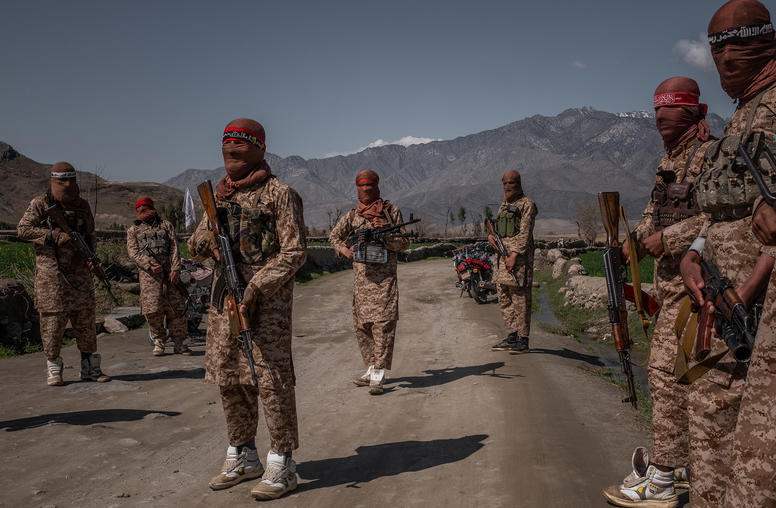
U.S., Russian interests overlap in Afghanistan. So, why offer bounties to the Taliban?
Recent intelligence reports indicating that Russian bounties paid to the Taliban to kill U.S. troops have bolstered American and Afghan officials long-held allegations that Moscow has been engaged in clandestine operations to undermine the U.S. mission in Afghanistan. Russia’s support for the Taliban, however, has largely been tactical in nature. Both Washington and Moscow ultimately have a converging strategic interest in a relatively stable Afghanistan without a long-term U.S. presence that will not be a haven for transnational terrorists. USIP’s Andrew Wilder looks at what this means for the decades-long Afghan conflict.
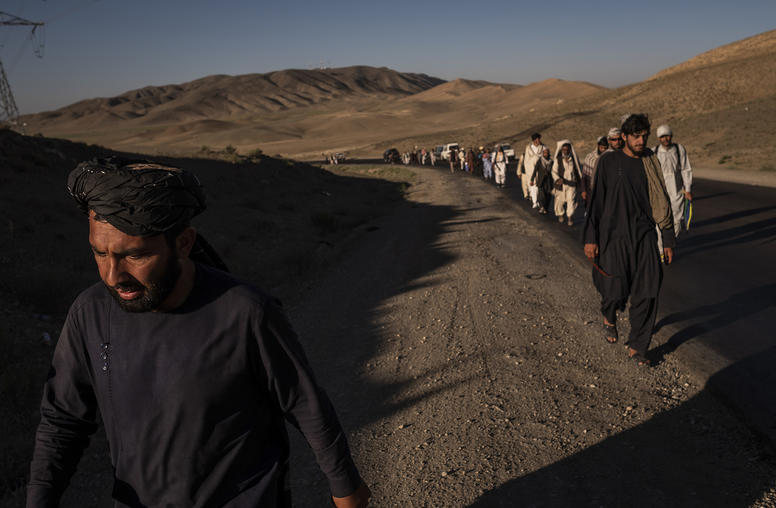
Afghan peace talks are damaged, but not yet broken.
President Trump’s weekend announcement of a halt to U.S. peace talks with Afghanistan’s Taliban—including a previously unannounced U.S. plan for a Camp David meeting to conclude that process—leaves the future of the Afghanistan peace process unclear. USIP’s Andrew Wilder, a longtime Afghanistan analyst, argues that, rather than declaring an end to the peace process, U.S. negotiators could use the setback as a moment to clarify the strategy, and then urgently get the peace process back on track before too much momentum is lost.

Andrew Wilder on the Afghan Peace Process
“I think President Trump has really unlocked the possibility for the peace process by putting our troops on the table, as long as we just don’t withdraw them unilaterally,” says Andrew Wilder. Following President Trump’s clarification of the administration’s strategy during the State of the Union, Wilder shares his analysis of the ongoing peace process in Afghanistan.
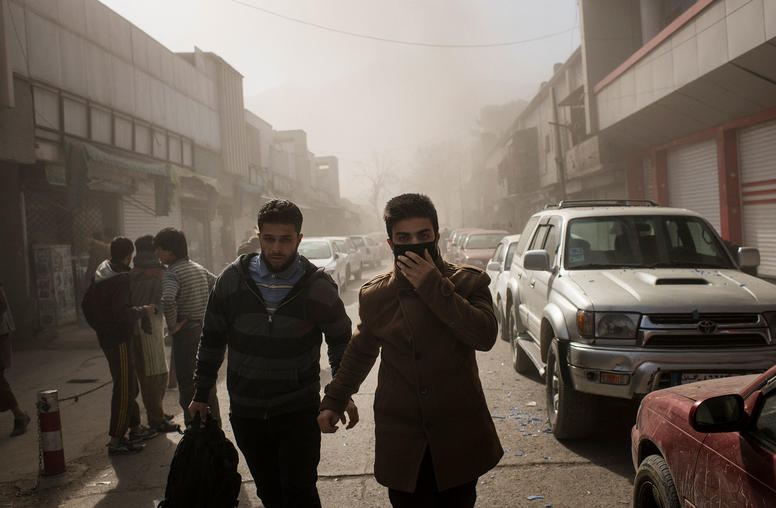
What’s Behind the Spike in Deadly Terror Attacks in Afghanistan?
In Afghanistan, a string of attacks has killed more than 130 people and wounded more than 300 in just over a week. Targets included a busy downtown block near a government hospital, an international hotel, a military training academy, and the global charity Save the Children.
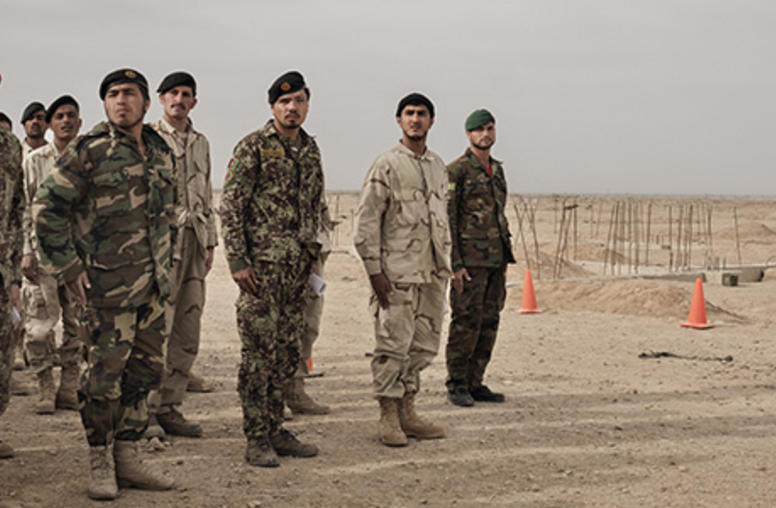
Q&A: Obama’s Troop Decision and Afghanistan’s Stability
Today, President Obama announced that he would extend the presence of roughly 8,400 U.S. troops in Afghanistan through the end of his term in January 2017, revising previous plans to cut force levels to around 5,500 soldiers at the end of the year. Afghanistan will be among the top issues for the NATO Summit of leaders in Warsaw, taking place later this week on July 8-9. USIP Vice President for Asia Programs Andrew Wilder, who recently returned from Afghanistan, discusses the issue of troop n...
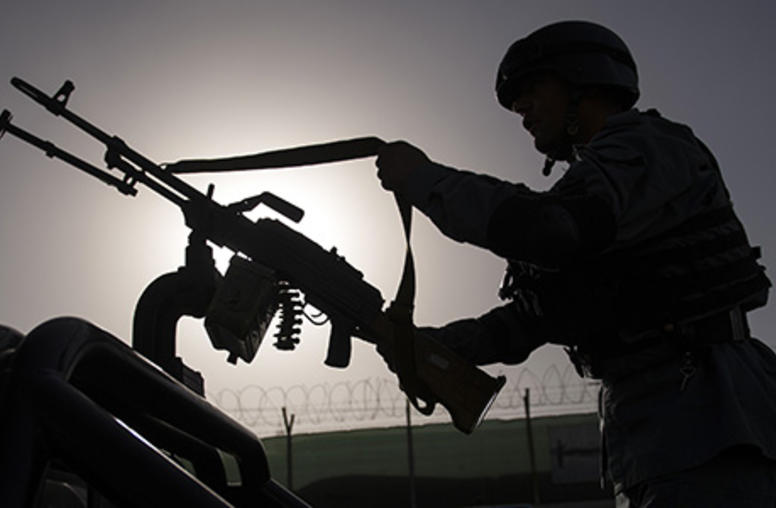
Q&A: Drone Strike's Impact on Afghanistan, Pakistan
The death of Afghan Taliban leader Mullah Mohammed Akhtar Mansour, who reportedly was killed in a U.S. drone strike in Pakistan on May 21, raises a host of questions about the Taliban’s future, U.S. strategy in Afghanistan and American relations with Pakistan. The strike, which Pakistani officials have protested, was the first publicly-disclosed military action by the U.S. inside Pakistan’s southwestern Baluchistan province, and the first to directly target senior Taliban leaders sheltering o...
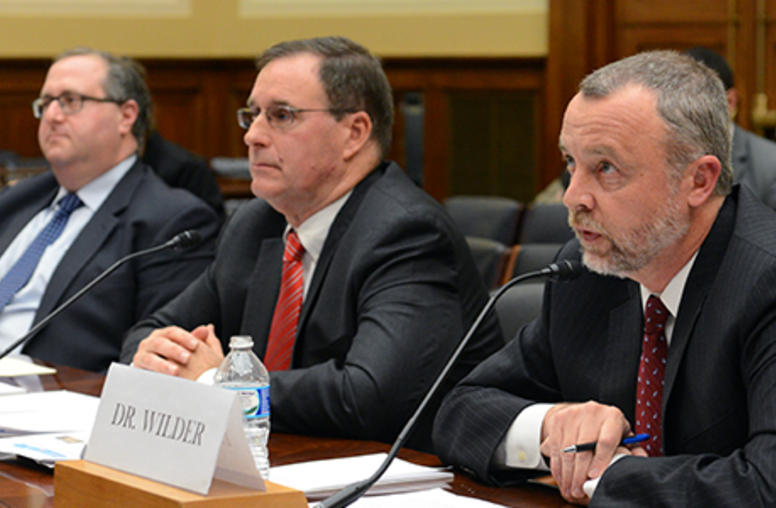
Assessing the President’s Strategy in Afghanistan
Andrew Wilder, vice president of the Asia center at USIP, testimony before the House Committee on Foreign Affairs, Subcommittee on Middle East and North Africa. More from Dr. Wilder following his testimony, "Why the U.S. Needs to Remain Engaged in Afghanistan."
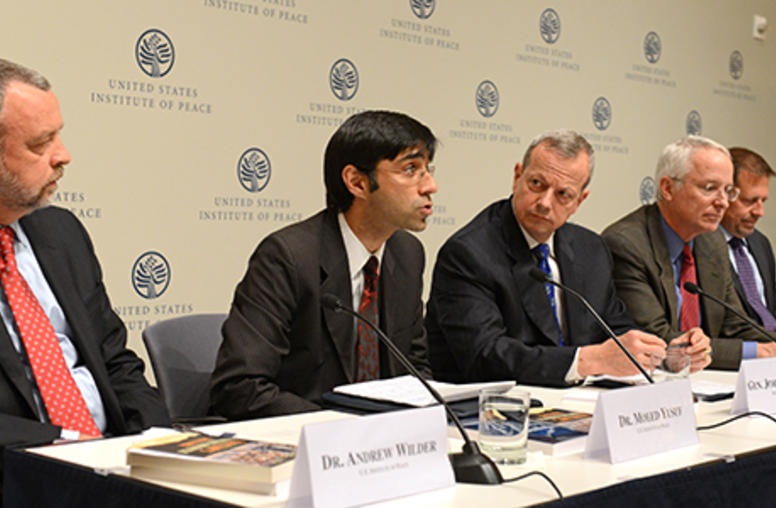
Pakistan’s Lack of Consensus, Capacity Undercut Efforts against Militants
Efforts in Pakistan to address the internal threat from insurgents are repeatedly undermined by the absence of a national consensus on who the enemy is and a lack of capacity to implement solutions even where agreement exists, according to Moeed Yusuf, USIP’s director of South Asia programs.